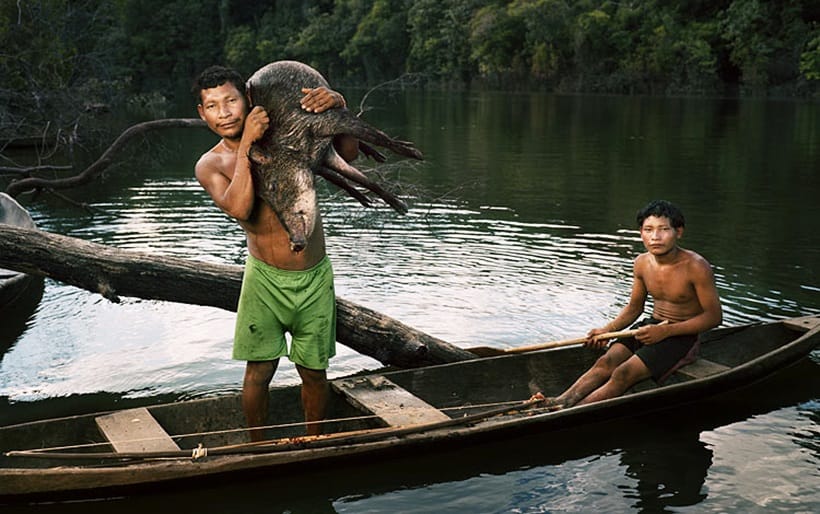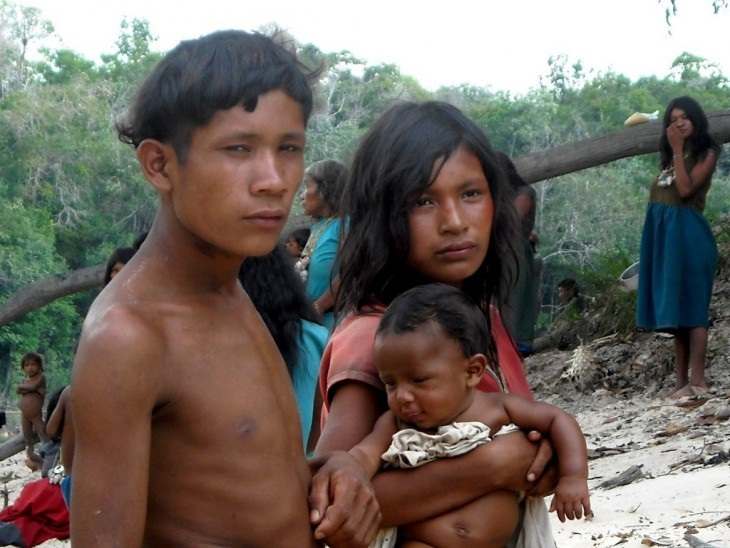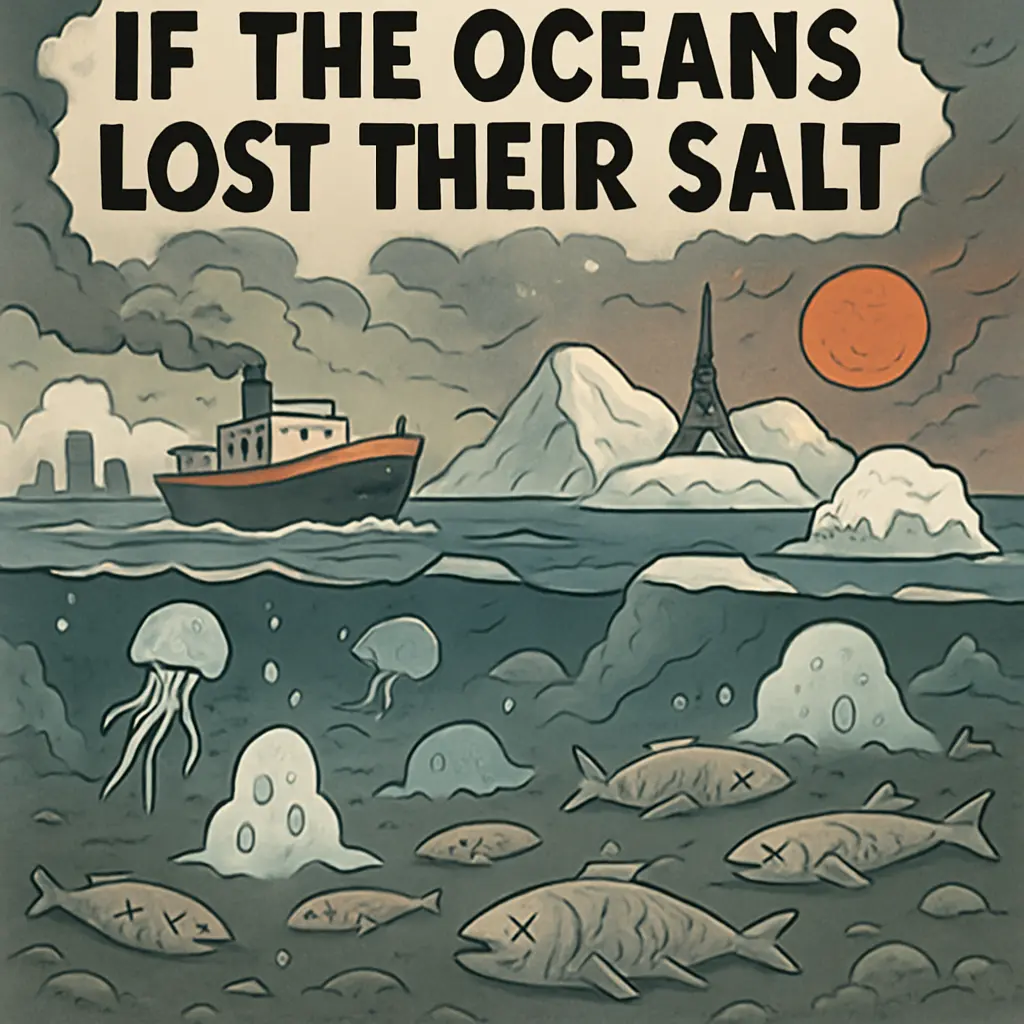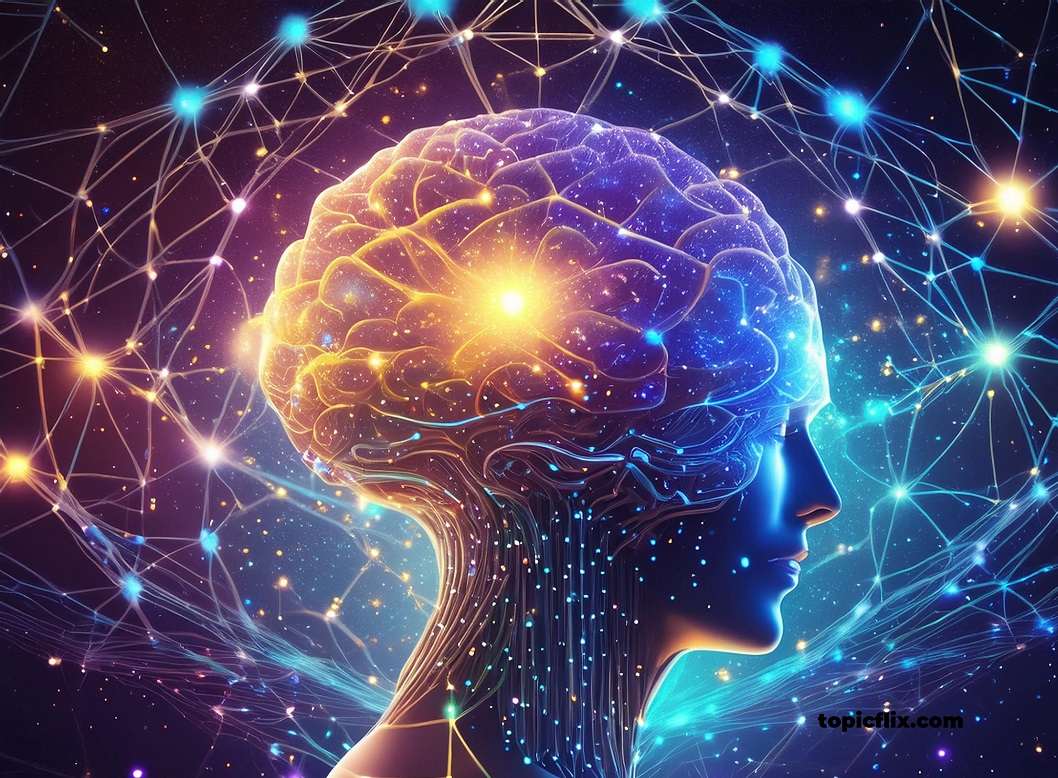The Piraha tribe, with barely 400members,s dwells in the forests of the Amazon. These people don’t sleep, don’t experience stress, and adhere to straightforward realities. Pirahas believe they are the happiest people on the planet and that everyone else is deranged. Because even the missionaries have not seen God, they do not understand money, envy, or day or night, and they refuse to believe in him.
Life without sleep
The Pirahatribe aisconvinced that sleep is bad because it weakens a person and icausesa quick death. You shouldn’t misuse sleep since once someone falls asleep, anyone else could wake up. The living conditions of the native people pprovidefurther justification for not getting enough sleep at night. A snake can sting in a dream, which is bad for sleep.

Pirahas don’t sleep at night; instead, they conduct their business. They take short naps of 20 to 30 minutes multiple times throughout the day instead of getting full sleep. Pirahas are not familiar with the calendar, night, morning, or day because of the quirks of living. Indians live in the now, with no thought of the past or future.

Their memory is restricted to the life experiences of the eldest tribe member, depriving them of the collective memory common to Western society. They are unable to recall a time before the arrival of white people, and they are ignorant of their forebears, historical stories, the influence of the leader, shamans, and other aspects of the prehistoric system.
Language and kinship
The three vowels and seven consonants in Piraha’s distinctive language are interesting. The pronouns “I,” “you,” and “them,” as well as the ideas of “right” and “left,” are absent, along with any complicated sentences. The word “one” is not discernible to pirahas. They have their own equivalents of the terms “several” and “many” based on the account.

Although mothers are unaware of their actual number of offspring, they are able to recall each child’s name and face. They get less despised as a result. There are just two shades of each colour: “light” and “dark.” However, each tribe member is familiar with hundreds of plants and animals and can recall their characteristics.

The phenomenon is the total lack of the notion of stockpiling food between feasts. When they are starving, they go hunting. They never plan their meals. The Indians think that overeating and oversleeping are both detrimental. Only weaponry and clothing are unique to the tribe; the majority of their possessions are common.
No concept of shame, guilt or resentment

The Pirahas refer to themselves as Hi’aiti’ihi, which means “straight,” and the people around them as “crooked heads.” Only three relationships exist between them: “parent,” “child,” and “brother/sister.” Only with these individuals are sexual activities forbidden. All other interactions are permitted. Pirahas are also encouraged to engage in sexual activity with members of nearby tribes. These individuals have no concept of shame, guilt, or resentment. They assume that everything will happen.
Ahead of time
The propagation of Christianity among them is complicated by peculiarities in how they see their surroundings during feasts. How to convey the idea of a single god to them if the Indians are unfamiliar with the word “one“. The feasts thought that the missionarie’s lectures were ridiculous and that someone had made them. The white man has no idea how people are created.

For them, the concepts of “age,” “time,” and “history” are meaningless concepts that offer no explanation. They and all other living beings on earth are the offspring of the forest. The jungle is teeming with ghosts, and after their feasting, the spirits of the dead retreat to the shade of the trees. Even though the jungle is a dangerous area, this tribe has its own fears. They find it fun.
Daniel Everett Mission
Daniel Everett, a missionary, visited the Indians in 1977. He came with his entire family. The Christian missionary immediately established friends with the locals, but he was unable to convert them to Christianity.

They asked if the “white man” saw his Christ and how he was nailed to the cross. If not, what is he talking about, and how can he know that the Bible is true? And every feast knows where the jungle is and hears thousands of spirits in it.
Daniel was compelled to ponder the same issues over and over again by the Indians’ straightforward findings and arguments. Everett became an agnostic and linguist after 25 years of missionary work and interactions with pirates, and he spent the remainder of his life researching the tribe.
Piraha tribe Happy people
According to Daniel Everett, Pirahas are the most free people on earth because they lack prejudice and hypocrisy. They don’t use “thank you“, “sorry” or “please” or any other insincere forms of politeness. Indians always smile when they see one another. It is inconceivable to think that a feast would rob or murder someone else.


The sole benefit of civilization that the pirates have reluctantly embraced is clothing. They are only willing to accept minor gifts, such as a machete, dishes, thread, and hooks. Indians are content because they do not dwell on the past or worry about the future.

About the Author
Manish love to write and he is a Civil Servant. Users can follow Manish on Instagram ![]()





